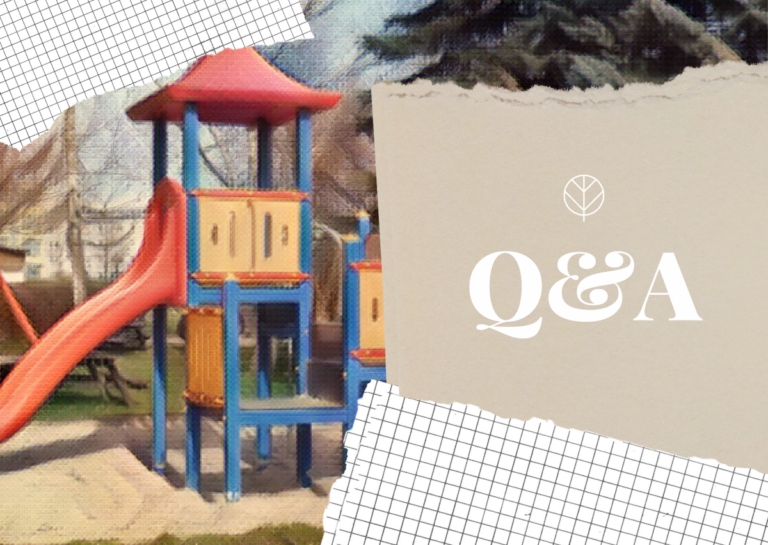Q: How can I stop my toddler from having a temper tantrum when leaving the park? My toddler always has so much fun at the playground, and it’s a great way to get outside and be active. But every time we go to leave, I have a hard time getting their temper tantrum under control. It’s a frustrating experience for me and my toddler and becoming a problem. What can I do to change this behavior?
A: Temper tantrums can easily lead to frustration for both the parent and child and make life feel more difficult. And when you don’t know how to manage the problem in the moment, it can exasperate the volatile situation and make you question your parenting strategies.
What Causes Temper Tantrums
First and foremost, it’s important to understand what causes those outbursts of negative emotion. In every case of toddler tantrums, the root cause is frustration or not getting something they want. In your case, it’s a child wanting to play a little longer and acting out once it’s time to leave. It can be overwhelming, even humiliating behavior for a parent to try getting under control, especially in a public place like the playground or store. But it’s an important opportunity for your child to learn about the importance of the word ‘no.’
How to Handle or Prevent a Child’s Tantrum
So, how do you deal with an angry child and prevent tantrums?
You can implement strategies like giving them a five-minute warning. This gives them a clear sign that it’s time to start wrapping up. You can even join in on fun activities during this time frame so your child doesn’t feel like the only one who will be disappointed when it’s time to go. Play with them in the sandbox, go down the slide a few times, or give a few last pushes on the swing. It can be a shared experience that also models the correct behavior of processing negative emotions when it’s time to leave.
One expert recommends not underestimating communicating with your child. Tell them calmly and clearly that having a meltdown won’t make your choice of exiting the playground any less likely or easy. Try to teach them that expressing their anger through a tantrum isn’t the best solution. While their experience of feeling hurt, disappointment, frustration, or sadness is valid, how they express those emotions matters.
One essential step is trying to remain calm and determined. You should try your best to have a firm hand and not give in to what your child wants, even if their crying is hard to resist. This is where communicating your expectation for better behavior can come into play.
It also would be helpful to have a bag of snacks waiting on them in the car. Sometimes hunger exasperates an already tense situation. Having food waiting in the car can ease any hunger-related irritability and be used as an incentive to go peacefully.
Try to make the car ride home more fun, so they have a reason to look forward to leaving. There can be a game you play or a toy they love waiting on them. If they’re starting to throw a tantrum, try to distract them. You can talk about said fun activities waiting on them in the car so they know they won’t be bored.
If none of these strategies lead to improvement, it may be a good idea to seek medical advice. There may be underlying anxiety or behavioral development causes behind intense tantrums. Seeing a psychologist or seeking therapy may be a step needed in helping your child process their big emotions.
I hope these tips help. Most of all, it’s important to remember you’re not doing anything wrong as a parent. Temper tantrums are a normal part of child development from the time they’re babies through preschool. They don’t have the same emotional regulation skills you do, and tantrums become a way for them to express their frustration. But you’ll both make it through this stage of fits soon enough.

